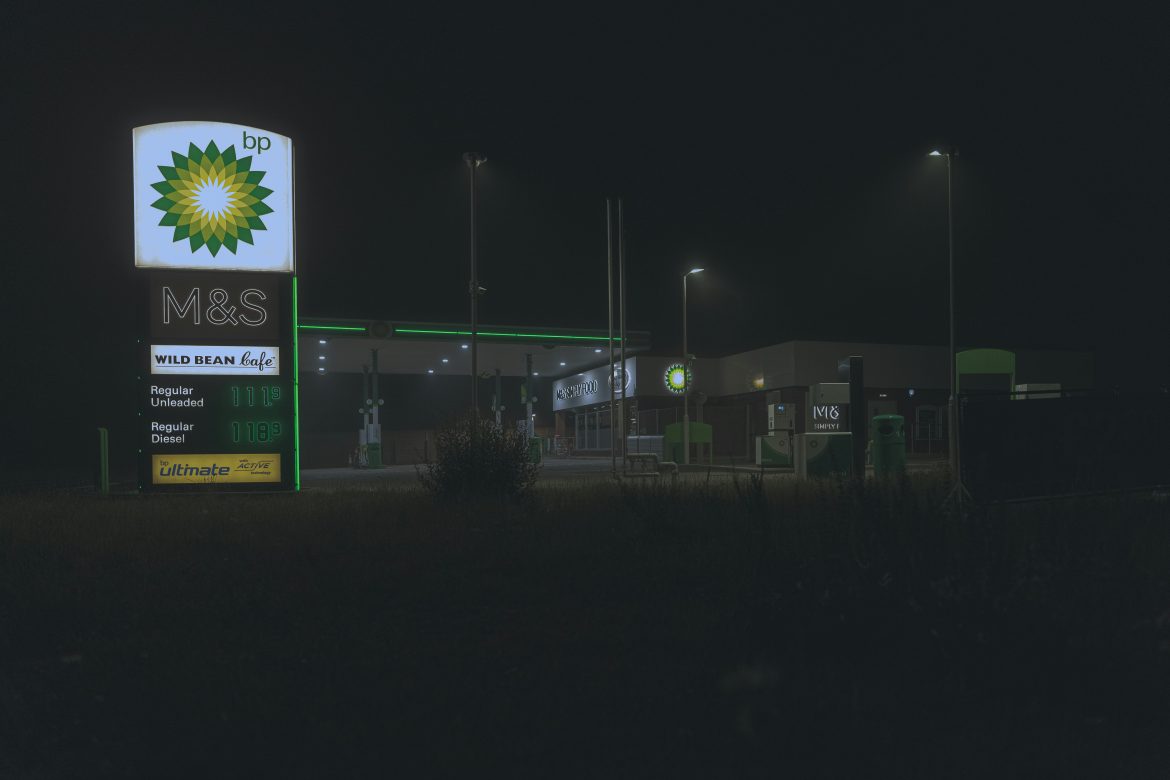British multinational oil and gas company BP has cut over a tenth of the workforce in its electric vehicle charging business and pulled it out of several markets. This decision comes after its bet on rapid growth in commercial EV fleets failed, company sources told Reuters. The changes at BP Pulse are part of CEO Murray Auchincloss’s efforts to focus on the British company’s most profitable segments.
At present, the company is battling investor doubts over its plan to shift away from oil and gas to low-carbon energy sources. In the recent months, BP Pulse reduced the number of countries it operates in from 12 to four, focusing now on the United States, Britain, Germany and China. In these countries, the company expects the fastest growth in the EV market, BP told Reuters.
As a result of this move, the energy division has axed over 100 jobs in recent months, or over 10% of its global workforce of 900, with many employees being moved into other divisions and only a handful leaving the company, the report said.
Not just BP but automakers across the world have tightened their belts amid a slower than expected uptake of EVs with US EV maker Tesla laying off more than 10% of its global workforce as it grapples with falling sales and an intensifying price war for EVs, as per an internal memo.
However, EV charging still remains one of five key growth engines for BP, which is betting on customers spending more time at its convenience sites while powering up their cars using fast chargers. The British company has more than 29,000 charging points globally as at the end of 2023, compared with 22,000 a year earlier, it said in its annual report. It aims to have 100,000 points by 2030.
Meanwhile, the company has also stepped away from several bets it made since launching its energy transition strategy under previous group CEO Bernard Looney in 2020. “Our EV ambitions have not changed,” BP said. The changes are “a step towards ensuring that we can execute our goals with even greater precision and effectiveness”.



